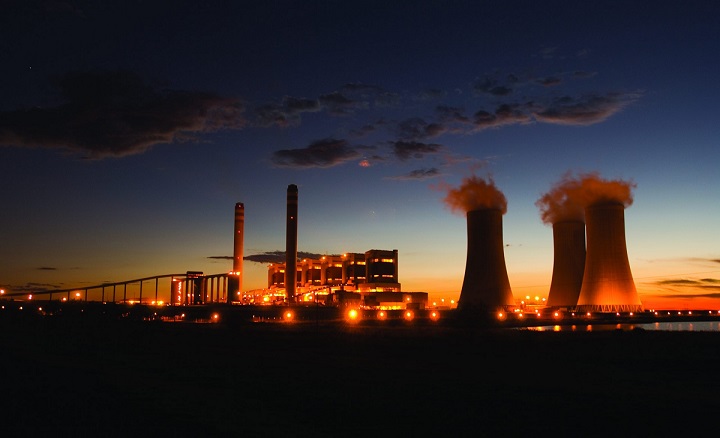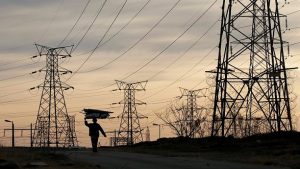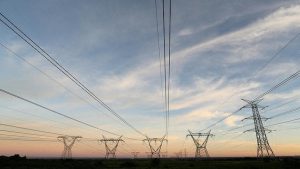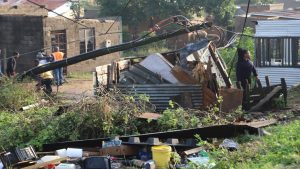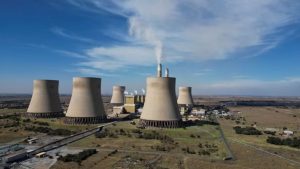Consumers should brace themselves for tougher times ahead after Nersa granted Eskom an electricity tariff hike of 18.65%. The approved hike is lower than the 35% that the power utility had applied for.
The tariff increase will be effective from the first of April this year. Nersa says its decision to grant the tariff increase was a tough, one- given the current financial constrain facing consumers. However, it says that given the current rolling blackouts and the difficult operating environment that Eskom is facing- an increase was mandatory.
Regulator Member for electricity Regulation Nhlanhla Gumede says the decision to grant Eskom a tariff increase was to safeguard electricity supply for the country. The power utility has also lost sales due to rolling blackouts and has asked for extra finance for diesel. He says it was not an easy decision given the financial difficulties consumers are facing
“We need to safeguard the need of the current and future users and we need to try and achieve efficient we need to try to achieve efficient, and effective and sustainable development of the electricity supply infrastructure. We need to facilitate investments both in the supply and the demand side we need to promote universal access to electricity. We need to promote competitiveness and customer and end user choice. Importantly, we need to facilitate a balance between the interest of consumers and that of end users, licensees and investors in the supply industry and the public.”
Nersa says its decision for the increase was also based on concerns raised by Eskom on declining energy availability primarily coal. Eskom has been doing routine maintenance on its coal power plants and the plants are taking too long to come online because of ongoing breakdowns. This has escalated the frequency of rolling blackouts
“What is clear is that the coal, burn rate is increasing. And what’s even worse is that it is increasing and yet we have got a decline in output from the coal plants. What is the what is the problem that lead to that? Linked to that us the overuse of start-up oils and related materials, including water that is used? so the question is there are a lot of these questions but a lot of them were linked primarily to the energy availability factor or these plants.”
EXPLAINER | Nersa’s decision to grant Eskom a tariff increase: Nhlanhla Gumede:
Independent Economic and Energy analyst Tshepo Kgadima says consumers should be outraged by the new increases.
This means a consumer buying R1000 worth of electricity directly from Eskom will pay an extra R1.86. Kgadima says the increases are above inflation and would be a disaster for the economy
“Even though the chair of Nersa Mr. Thembani Bukula says that the tariff would therefore increase from R1.46 cents to R1.73 cents, he has not taken into account that based on Eskom’s audited financial statements for the year ended 31 March 2022 , Eskom’s average revenue per kilowatt hour was already R1.71 cents and in the current financial year is already at R1.86 cents a kilowatt hour. And therefore it means in real terms the consumer will not be paying R1.73 cents as Mr Bukula is asserting but will be paying a hefty R2.21 cents a kilowatt an hour.”
Stage 6 rolling blackouts
Meanwhile, President Cyril Ramaphosa says he deeply regrets the national energy crisis that has plunged the country into Stage 6 lrolling blackouts, this is according to his spokesperson Vincent Magwenya. Magwenya says the President, while acknowledging some progress made in implementing aspects of the National Energy Plan by government, is demanding greater energy and speed in implementing it and is engaging with relevant stakeholders.
“The Presidency has been briefed regularly on the situation at Eskom he has had several engagements with Minister Pravin Gordhan there will be meetings later on today NATJOINTS meetings and over the next day or so there may well be very well be meetings of the National Energy Crisis Committee as I indicated to look at urgent matters that can be taken and to give more direction to the implementation of the national energy plan.”
Presidency briefs media on the President’s Public Programme:
Eskom says it will respond to Nersa’s decision on the tariff increase on Friday. Eskom’s debt is currently estimated at around R400 billion, government has announced that it will take up a potion of the power utility’s debt.
Finance minister Enoch Godongwna says Nersa’s decision would be key to help government decide on how much debt they can absorb.


